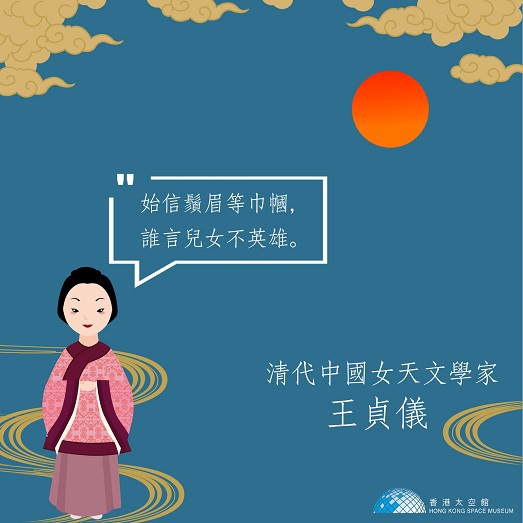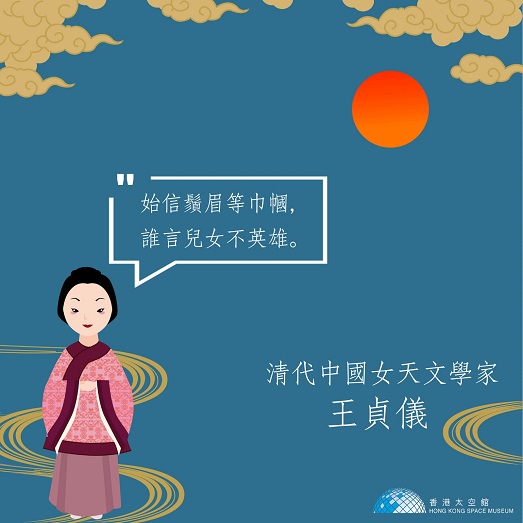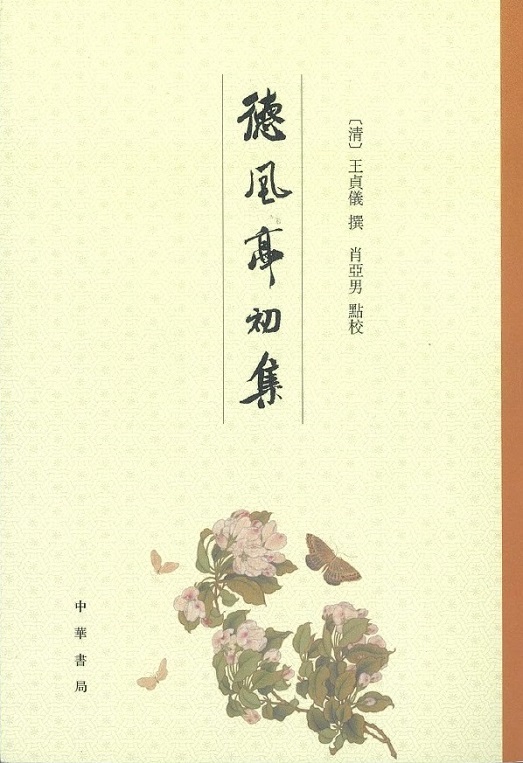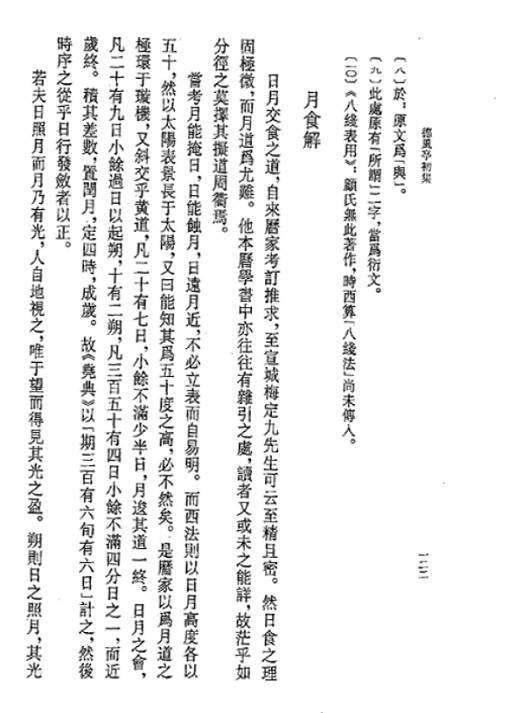who believed in equality for both men and women, and women can also be heroes
Do you have any female friends who are passionate about studying astronomy and stargazing (not those astrology or horoscope stuff)?
Whenever you talk about famous persons of science through the ages, it is most likely that you will come across a handful of names of male scientists. Nevertheless, there was a female in the Qing dynasty who has captured international attention because of her devotion to mathematics and astronomy. Her name is Wang Zhenyi (1768-1797), who was born during the reign of Qianlong more than two centuries ago. With the encouragement of her grandfather and father, Wang Zhenyi became an avid reader at an early age and loved reading so much that she frequently forgot to eat or sleep. While Wang Zhenyi was adept at literature and poetry, being no different to most ladies in China at that time, she also displayed an exceptional curiosity and affinity towards science. She was especially fascinated by the subject of astronomy, mathematics and cylindrical calculations. Thanks to the all-round education she received in her early years, Wang Zhenyi was also knowledgeable in geography and meteorology, and was herself a practitioner in Chinese medicine. During her short life spanning less than three decades, she wrote prolifically, especially on astronomy and mathematics. Unfortunately most of her works have been lost after her untimely death in 1797. The First Volume of the Pavilion of Virtuous Demeanor, which is still available today, collects some of her notable works on astronomy and mathematics. Amongst these are The Explanation of Lunar Eclipses (Yue Shi Jie), The Explanation of the Pythagorean Theorem and Trigonometry, Dispute of the Precessions of the Equinoxes and Theory of the Round Earth, among others. In The Explanation of Lunar Eclipses she used self-drawn diagrams to illustrate the principles of moon phases and eclipses.
one else I can turn to, I always feel disillusioned with the lack of progress…" Nevertheless, Wang Zhenyi still advocated women to educate themselves diligently, as all in all, women and men are of no difference in ability and intelligence. She believed that women could walk thousands of miles, could read thousands of books and with their knowledge women can also contribute to the society. Wang Zhenyi's devotion to science and her remarkable achievements won international acclaim and the International Astronomical Union named one of the craters of Venus after her in 1994 (https://www.lpi.usra.edu/resources/vc/vcinfo/?refnum=262). The well-known science journal Nature also featured Wang Zhenyi as one of the outstanding female scientists for a scientific research award that encourages young ladies to engage in research in science (https://www.youtube.com/watch?v=tD-M1hLoAeE&t=20s, 00:19-00:36)。
On the International Women's Day, the Space Museum wishes every woman can shine in the area to which they are devoted.





